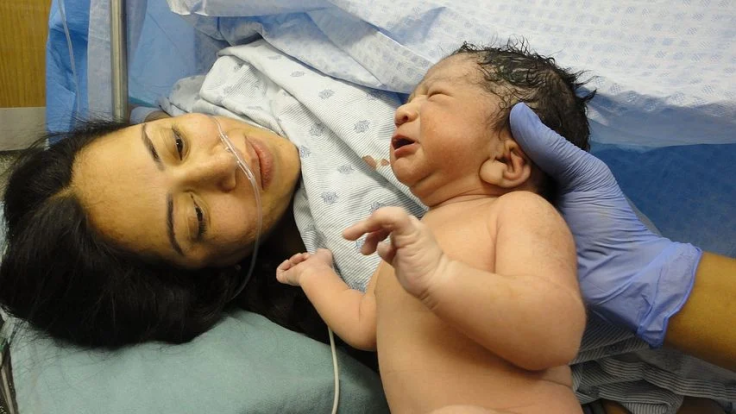
While the birth of a child is a joyful experience for parents, it also has several effects on a mother that only a few people talk about. Childbirth is among the most painful experiences a woman has to endure. In Washington alone, millions of women have to deal with these traumas yet most people will dismiss them as part of motherhood. Birth traumas can have long-term effects, which can affect a person's relationships, health, and career. In this post, we'll discuss the most common birth traumas mothers endure.
Types and Causes of Birth Injuries to Mothers
Vaginal Tears
Almost all women experience a vaginal tear or perineal tear when they give birth. In fact, it is as if it is part of the process. When giving birth in a hospital, some doctors choose to intentionally cut the perineum area (episiotomy) to allow the passage of the baby with ease, though this practice is less common than it was in the past. Most vaginal tears are minor and can heal without intervention other than stitches.
However, note that there are severe tears that can extend to the anal area, and these injuries often take longer to heal and have long-term effects. These tears often result if the following risk factors are present:
First vaginal delivery
Baby is too large
Delivery is assisted
Midwives and doctors are pretty adept in dealing with perineal tears and managing them following the birth. Failure to manage them during postnatal care can cause issues such as incontinence, fistula, and stinging pain. There are instances when these tears can cause long-term sexual discomfort.
Postpartum Depression
Another pretty common birth injury that mothers can suffer from is emotional trauma. While it is not a physical injury, postpartum depression is also something that should not be overlooked. It can happen when the mother finds it difficult to bond with her child or feels guilty for any birth injury, such as cerebral palsy, that the baby may suffer from. Since this "emotional trauma" does not have physical manifestations, many suffer in silence.
Postpartum Bleeding
It is normal for mothers to suffer blood loss postnatally. It can persist from two to six weeks after delivery. However, some mothers may suffer from persistent heavy bleeding, which can lead to hypovolemia or infection. Often, doctors and midwives can immediately recognize if the mother is prone to suffer from hemorrhages. As such, they should apply the necessary steps to ensure that mothers do not have to endure this.
Uterine Rupture
One of the most severe complications during childbirth is a ruptured uterus. When this happens, the walls of the womb rupture and cause heavy bleeding. It is pretty common among women who have had several caesarian sections who want to try a vaginal birth. It is a life-threatening birth trauma that requires immediate medical attention since it can threaten not only the mother's life but also the child's.
Uterine Prolapse
Mothers who give birth are also prone to suffer from uterine prolapse, or when one of the pelvic organs bulges into the vagina. In fact, it is pretty standard for mothers to experience this, particularly in mothers with large babies or prolonged labor.
Mothers who suffer from birth traumas often have to deal with this while caring for their child, making it particularly stressful for them. Sometimes these birth injuries are a result of negligence. When this happens, mothers often direct their concerns to a medical malpractice lawyer in Washington, D.C., to ensure that they get compensation to the injuries they sustained. This way, they can have the assurance that they will get the justice they deserve.